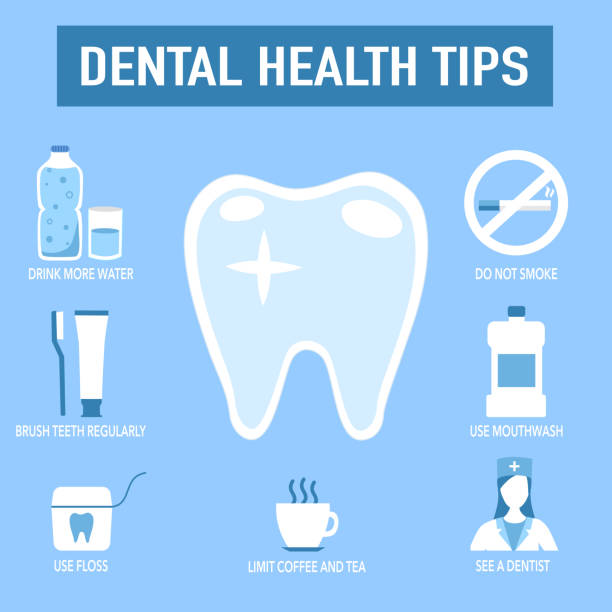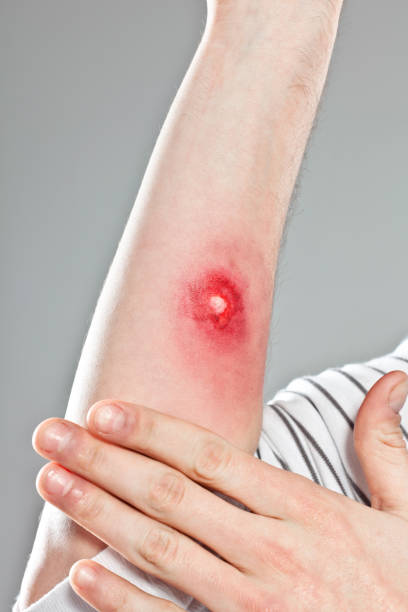Athletes around the world are increasingly exploring cannabidiol (CBD) gummies as part of their recovery and wellness routines. But is there real science supporting this trend, or is it simply a passing fad? A closer look at both the anecdotal craze and emerging studies reveals a nuanced picture.
Once frowned upon, CBD has become a star in athletic regeneration and mental health circles—especially in gummy form. Here's why:
Anti‑Inflammatory & Analgesic Potential
A review in Nutrients (2024) examined seven clinical trials involving healthy, active individuals and found that CBD might improve physiological markers like VO₂ max and average power output. However, its benefits for strength recovery and muscle repair were limited.
Additional small studies (e.g., Isenmann et al., 2021) showed that post‑exercise CBD users maintained or slightly improved one‑rep max strength and experienced lower muscle damage markers (like myoglobin) over 72 hours.
Pain Relief and Inflammation Control
Surveys indicate that up to 80% of athletes using CBD believe it aids in recovery and improves sleep, though only around 40% actually report noticeable benefits, and merely about 15% experience acute pain relief.
Other literature supports CBD's role in reducing inflammatory cytokines such as TNF‑α and IL‑6, pointing to its anti‑inflammatory mechanisms.
Stress Reduction and Sleep Quality
Stronger evidence exists for CBD's anxiolytic and sleep‑enhancing effects. Athletes often turn to CBD gummies in the evening to aid recovery by promoting restful sleep.
This is backed by neuroscience referencing CBD's interaction with 5‑HT1A and endocannabinoid receptors, which helps regulate mood and stress.
Accessibility, Convenience & Flavor
CBD gummies are appealing—portable, discreet, pre-dosed, and flavorful compared to oils or capsules. For busy athletes, it's often easier to “buy cbd gummies” and toss a pack into a gym bag than measure oil.
Despite the buzz, expert consensus still advises caution:
Limited and mixed data.
The Nutrients review noted modest performance gains, but no clear strength improvements or better post-load recovery. Many studies involve recreational exercisers rather than elite athletes.
Placebo effect concerns.
Many positive reports could stem from placebo, as randomized trials are still scarce.
Quality and consistency issues.
Without strict regulation, many CBD products are mislabeled. Nearly 70% of online extracts contain less CBD—or more THC—than advertised, posing legal and safety risks.
Drug testing risks.
While CBD itself is not banned, full-spectrum CBD may include trace THC. Even tiny amounts can trigger positive results for athletes in drug-tested competitions.
Despite the caveats, many athletes have woven CBD gummies into their routines:
Post‑workout recovery snack.
Combining CBD gummies with carbs improves glycogen replenishment while delivering recovery–supportive CBD.
Evening wind‑down.
Some opt to “buy cbd gummies” labeled as “PM” formulas blended with melatonin or herbs to support sleep and overnight recovery.
Stress & game‑day anxiety.
Many pop a CBD gummy before competition to calm nerves without drowsiness.
Pain management alternative.
A growing number of athletes use CBD gummies and topicals to avoid NSAIDs or opioids.
If you're considering this route, here are some best practices:
Choose broad-spectrum or isolate.
Opt for THC‑free varieties to minimize doping or drug‑test risks.
Look for third‑party lab testing.
Verify the product has COA (Certificate of Analysis) that confirms potency and purity.
Start with small doses.
Begin with 5–10 mg CBD post-workout or before sleep; gradually adjust to tolerance.
Track responses.
Keep a recovery diary: how you sleep, feel, soreness levels. This helps determine if CBD gummies are worth it.
Consult professionals.
Talk with sports physicians or anti-doping experts, especially in WADA‑regulated sports.
Absolutely. While the evidence is far from conclusive, the benefits for sleep, stress relief, inflammation, and pain—backed by both surveys and emerging studies—make sense in a recovery plan.
For many, the ritual of “buy cbd gummies” and swap them in for an evening beverage or post‑gym snack is more than convenience—it feels meaningful. And with third‑party testing and THC-free options, they can be a safer, more enjoyable supplement compared to pills or oils.
CBD gummies aren’t a performance panacea—but they may offer supportive benefits for recovery, particularly in sleep and stress management. With cautious use—proper sourcing, dosing, and awareness of regulations—CBD gummies can occupy a useful space in an athlete’s toolkit.
If you’re curious:
Start small with quality, tested gummies.
Track how you feel—not just physically, but mentally.
Be aware: not all gummies are created equal; do your homework before you “buy cbd gummies.”
Only time and more robust research will tell if CBD gummies earn a permanent spot in elite recovery regimens. For now, they remain a promising, well-liked supplement with room to grow—as athletes continue to explore the edge between tradition and innovation.




Want to add a comment?